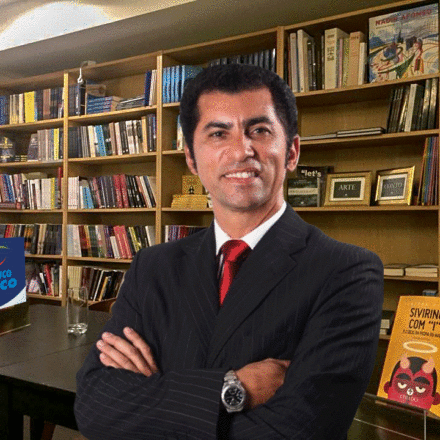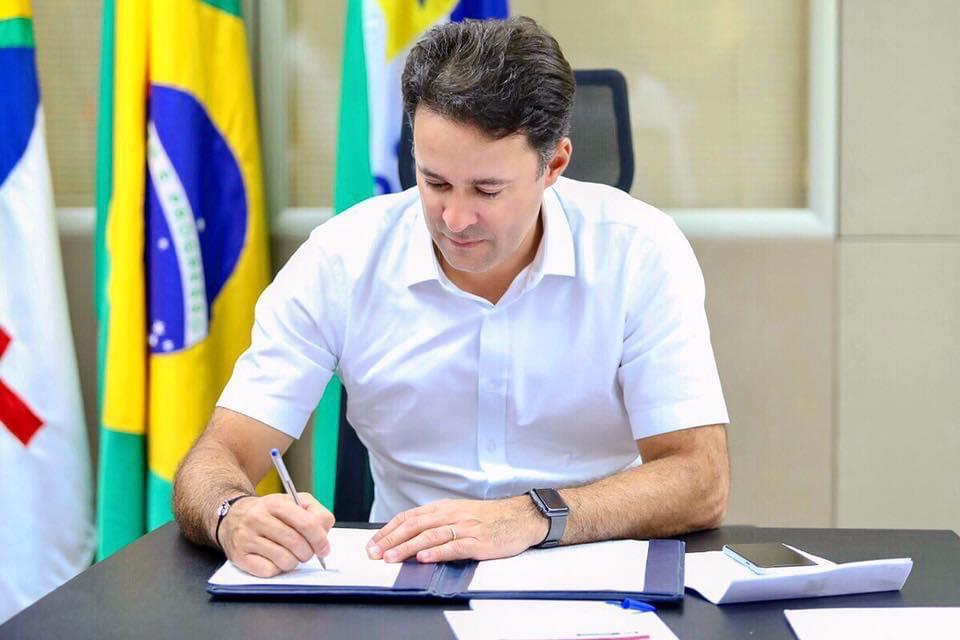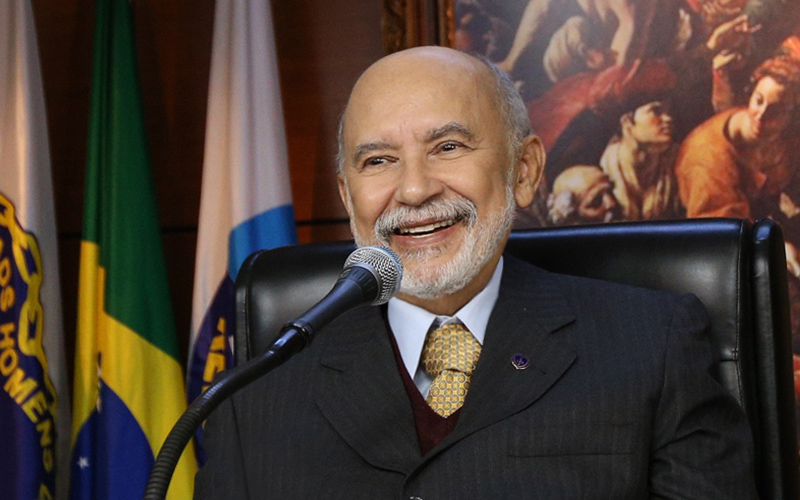From Brasília/Brazil.
I am going to make another parenthesis in the series of specific articles on the process of education and teaching in the Modern Age, to write some episodes on the so-called “new normal” imposed in Brazil and the world, due to the Coronavirus pandemic.
At first, we will give the deserved credit to those who created the expression “new normal.” It was Mohamed Aly El-Erian, Egyptian-American businessman, economic advisor to Allianz, the corporate controller of PIMCO – Investment and Management, where he served as CEO and co-director of investments.
Mohamed A. El-Erian also served as chair of the Global Development Council for President Obama, a columnist for Bloomberg View and a contributing editor for the Financial Times. He is the author of several books, among which I have already ordered, “The Only Game in Town”.
Contrary to what some have said, it did not create the expression “new normal” to characterize the situation of the world, post-Coronavirus pandemic. The expression was born in 2009, therefore, in the first year after the 2008 economic crisis, when banks announced losses of more than $20 billion.
For the big banks to lose, the logical deduction is that the middle class was downgraded to the poor, and the latter to socio-economic misery. The so-called “housing bubble” caused millions of Americans to lose economic and financial power and banks to suspend mortgages. The number of homeless people has grown alarmingly, property prices have plummeted, and the economy has entered a recession.
For some economic analysts, the 2008 crisis was the same and for others, it overcame the Great Depression of 1929. It was in this context that Mohamed A. El-Erian coined the expression “new normality”, with the intention of creating a different mentality, to face the post-crisis that crushed the US economy and most of the world, in a domino effect.
Analysts point out the following as the main causes of the 2008 economic crisis:
– credit release without great demands;
– drop in productivity;
– lack of liquidity;
– increased interest.
Some indicated economic consequences were:
– 12 trillion of mortgage debt from the American people. Imagine how many people lost their homes;
– questioning about the resilience of capitalism in the face of such a crisis;
– massive unemployment
– massive bankruptcies
– recession in Europe and the rest of the world
– Global indebtedness to countries that use the International Monetary Fund.
Obviously, such an economic situation has resulted in sequential waves of impoverishment and its consequences, such as increased crime, increased homelessness, suicide.
In addition to these physical symptoms just described, there are psychosomatic symptoms about which little is said or written. A wave of psychic depression has swept the world because economic crises involve personal, family, and corporate crises.
How to adapt to this new world scenario of a globalized crisis? It was in this context that Mohamed A. El-Erian coined and appropriately used the expression “new normality”, as a synonym for a new situation that requires people to migrate from a way of being and being, to a new procedure, a new relationship with you, with others and with the market.
Episode 2, next Wednesday.
Follow me on Instagram: judivan j vieira










